
Democracy Ancient and Modern
Mason Welch Gross Lectureship Series
¥ 348 九品
仅1件
送至北京市朝阳区
运费快递 ¥10.00
作者M. I. Finley
出版社Rutgers University Press
ISBN9780813511276
出版时间1984
装帧平装
尺寸20.8 × 13.7 cm
页数191页
货号a1
上书时间2019-03-05
评价24好评率 100%
- 在售商品 暂无
- 平均发货时间 11小时
- 好评率 100%
- 最新上架
商品详情
- 品相描述:九品
- 外表轻微磨损,书页内干净无笔迹(如图)。
- 商品描述
-
Western democracy is now at a critical juncture. Some worry that power has been wrested from the people and placed in the hands of a small political elite. Others argue that the democratic system gives too much power to a populace that is largely ill-informed and easily swayed by demagogues.
This classic study of democratic principles is thus now more relevant than ever. A renowned historian of antiquity and political philosophy, Sir M.I. Finley offers a comparative analysis of Greek and modern conceptions of democracy. As he puts the ancient Greeks in dialogue with their contemporary counterparts, Finley tackles some of the most pressing issues of our day, including public apathy, partisanship, consensus politics, distrust of professional politicians, and the limits of free speech.
Including three lectures that Finley delivered at Rutgers University, plus two additional essays that further illuminate his thinking, Democracy Ancient and Modern explores the dramatic differences between the close-knit civil society of the ancient Greeks and our own atomized mass societies. By mapping out democracy’s past and its present manifestations, this book helps us plot a course for democracy’s future.
Sir Moses I. Finley, FBA (born Moses Isaac Finkelstein; 1912 to 1986), was an American born British academic and classical scholar. His prosecution by the McCarran Security Committee led to his move to England, where he became an English classical scholar and eventually master of Darwin College, Cambridge.
M. I. Finley, the son of Nathan Finkelstein and Anna Katzellenbogen, was born in New York City. He graduated from Syracuse University at the age of fifteen and received an MA in public law from Columbia, before turning to the study of ancient history. During the thirties, Finley taught at Columbia and City College and developed an interest in the sociology of the ancient world that was shaped in part by his association with members of the Frankfurt School who were working in exile in America. In 1952, when he was teaching at Rutgers, Finley was summoned before the Senate Internal Security Subcommittee and asked whether he had ever been a member of the Communist Party. He refused to answer, invoking the Fifth Amendment; by the end of the year he had been fired from the university by a unanimous vote of its trustees. Unable to find work in the US, Finley moved to England, where he taught for many years at Cambridge, helping to redirect the focus of classical education from a narrow emphasis on philology to a wider concern with culture, economics, and society. He became a British subject in 1962 and was knighted in 1979. Among Finley’s best known works are The Ancient Economy, Ancient Slavery and Modern Ideology, and The World of Odysseus.
为你推荐

三体
八五品北京
¥38.00

聊斋故事选编
九品锦州
¥500.00
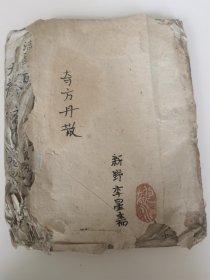
《奇方丹散》南阳新野名医李星斋秘方,内容包括“锁阳丹”,“壮阳丹”,“金销固精丸”,“千金种子丹”,“七神丸”,“九龙丸”,“遇仙丹”,“补中益气丸”“神授卫生汤”,“酒药方”“状元红药酒方”“胃气疼痛神效方”“大力壮药丸”等等!全部是秘方!
六品邯郸
¥1305.00

台湾三民书局版 项退结《七十浮迹:生活体验的思考-三民丛刊76》(锁线胶订)1994年版
全新北京
¥50.00

台湾艺文印书馆版 严一萍撰《北京大学国学门藏殷虚文字考释》(16开 布面精装)1980年9月版
全新北京
¥183.00
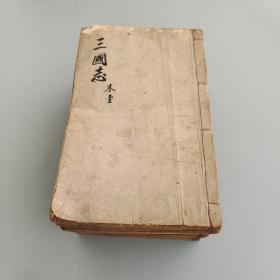
三国志
八品石家庄
¥6000.00

邓华将军传
九品哈尔滨
¥30.00

艳阳天 全三卷
七品石家庄
¥600.00

皇极经世书 1-2
八五品苏州
¥850.00

远行译丛:夜航西飞(精装)
八五品衡水
¥15.00

红星照耀中国
全新北京
¥14.00

侵华日军暴行总录
九品西安
¥1000.00
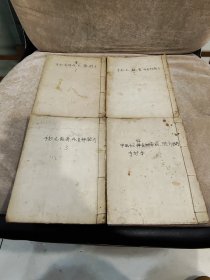
各种丹膏丸散验方,中医妇科各种杂病验方秘方手抄本四册
八五品哈尔滨
¥1600.00

无产阶级文化***胜利万岁
八五品仙桃
¥188.00

特价绝版书 · 长安学丛书:黄永年卷 (16开 布面精装)自然旧
九五品北京
¥51.00

龙族Ⅰ:火之晨曦 龙族Ⅰ:火之晨曦 30w纪念
全新淮北
¥1980.00
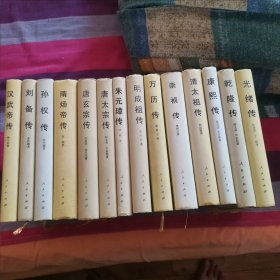
中国历代帝王系列之《康熙传》《乾隆传》巜孙权传》《唐太宗传》《汉武帝传》《隋炀帝传》《努尔哈赤传》《光绪传》《明成祖传》《朱元璋传》《唐玄宗传》《刘备传》《清太祖传》《崇祯传》《万历传》《雍正传》共十五部精装本(部分一版一印)合拍!
九五品西安
¥895.00

内有朱仁康创制经验方50余种:除湿丸,宁荨丸(一号),荨丸(二号),土茯苓丸,山白草丸,止痒丸,生发一号丸,生发二号丸,) 乌发丸 …………… 附 民国江南外科名医章治康经验方尤为稀少: 内消丸,追龙,。头号虚痰丸,嵘峒丹,脱力丸。头号化毒丹,二号化毒丹,西黄化毒丹
八品福州
¥189.00

北京市东城区标准地名图集(全新)
全新北京
¥160.00

《猪舍风波》天美版【连环画】
九品上海
¥748.00
— 没有更多了 —
微信扫码逛孔网
无需下载













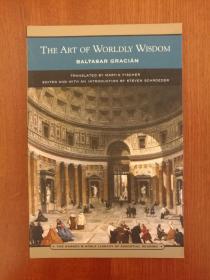
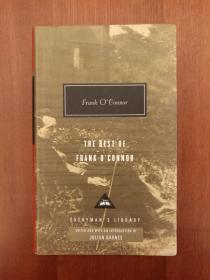
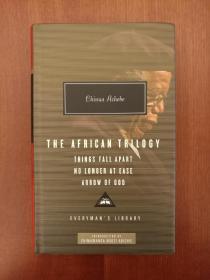
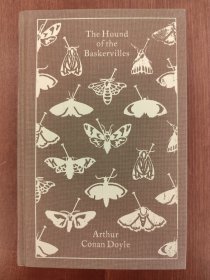


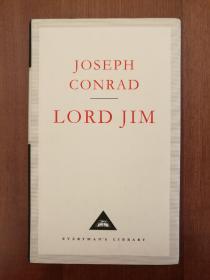


非常满意!!包装得特别好,老板还手写了收件人,字也很好看[强]
好